Off The Map: Highlights From True/False 2024
From a breakaway Armenian state to a Danish isle diminished by climate change, a politically charged festival was defined by eradicated worlds.
In the opening of There Was, There Was Not, one of the best films I saw at the True/False Film Festival last weekend, director Emily Mkrtichian reflects on Armenian fairytales, which don’t begin with “Once upon a time…,” but with this more ominous evocation of a fantasy that materializes and disappears. When Mkrtichian started following four Armenian women from the Republic of Artsakh, an unrecognized country in the South Caucasus between Armenia and Azerbaijan, she could not have known for certain that she would bear witness to its eradication. Though Artsakh’s existence was always tenuous, hung up in an ongoing territorial dispute that was bound to flare up again, the women are all engaged in trying to create a better home out of this beautiful place: a politician trying to break into an all-male city council, a judo master chasing an Olympic dream, and two activists, one working on domestic violence issues and the other disarming landmines.
Then, in one astounding sequence, everything changes. A new offensive by Azerbaijanian forces is witnessed from the ground level, as Mkrtichian’s camera shakes to the tremors of bombs that explode in terrifying proximity. It’s one of those moments that remind you of how great documentaries sometimes unfold by accident, as reality intervenes on a filmmaker’s best laid plans. The fact that such an outcome could be anticipated by residents of this breakaway state only makes it more poignant that the women Mkrtichian follows were so determined to turn Artsakh into a better place for themselves and future generations of Armenian women. There Was, There Was Not becomes a wrenching memorial for a country that no longer exists, a fairy tale without a happily ever after.
The theme of entire worlds disappearing was tragically apropos for a festival where filmmakers frequently evoked the ongoing assault in Gaza on stage, echoing an official statement from True/False organizers in support of a ceasefire in Palestine. Documentaries are often about change, whether they’re advocating for it or catching it on the fly, but seeing the outright erasure of places in several True/False films had a special resonance this year. Under the best of circumstances, the tiny island of Mandø in the Danish Wadden Sea, beautifully photographed in As the Tide Comes In, can only be accessed at low ebb, when the waters recede enough to expose an unpaved roadway to the mainland. But for the small handful of farmers who still live on Mandø—including a salty bachelor who’s auditioning for a reality dating show—climate change has thrown the island’s future into question, with failing dykes that seem too much of a hassle to fix. The loss of a Georgian tuberculosis hospital in Mariam Chachia and Nik Voigt’s Magic Mountain may be easier to mourn, but there’s a lot of history in its crumbling facade, which comes to represent the country’s diminished state during and after Soviet rule.
Of the 14 films I saw over four days, I can’t say much about my two favorites. The best film was Yasujiro Ozu’s Tokyo Story, which is neither new nor a documentary, but screened in 35mm as part of the True Vision Award, which allows the honoree (in this case, Michaël Andrianaly, director of 2020’s Nofinofy and the new Gwetto) to screen a film that influenced his work. And so it’s no slight to the other entries in the festival that Tokyo Story, one of my five favorite films, had an edge in the ranking. Of the new documentaries, I’m extremely frustrated that a review embargo has been placed on Lance Oppenheim’s Spermworld, which premieres on FX on Friday, March 29th. It seems absurd to me that any embargo would be placed on a film that’s screening for the public, but I’ll say no more for now, other than to suggest unofficially that you make time for it.
Here are four other faves:
1. Daughters (dir. Angela Patton, Natalie Rae)
Among the punitive cruelties of the prison system are the increased limitations on in-person visits, which naturally have a corrosive effect on the relationship between inmates and their loved ones. The heartbreaking Daughters focuses on four girls and their incarcerated fathers as they participate in “Date with Dad,” a 12-week program that culminates in afternoon dance inside the prison, where they finally have a chance to interact freely as parent and child, with many touching each other for the first time in years. The power of this moment is overwhelming to witness, but Daughters emphasizes the time on both ends of the event, when men counseled through lessons in fatherhood have to cope with a future where a reunion may be many years down the line. In some cases, the system works to fray these renewed bonds.
2. Look into My Eyes (dir. Lana Wilson)
Psychic readings are a high-wire act, because it’s never certain whether the seer will pull some amazing personal insight from the ether or improvise a spirit that doesn’t connect with the client in any way whatsoever. (It turns out the Alamo doesn’t have a basement.) Wilson’s riveting documentary is a little like peering into the magician’s hat to see how the tricks work, but her survey of New York City psychics finds a common denominator in the loneliness and emotional want of people who are seeking answers for clients who are much like them. While some readings are uncannily strong—an animal psychic brags about once diagnosing a cat with a UTI—most admit that they’re improvising through uncertainty, working from an intuition that often betrays them. A cynic might consider them con artists. Wilson’s film frames them as seekers.
3. Girls State (dir. Amanda McBaine, Jesse Moss)
Four years ago, McBaine and Moss’s Boys State got perhaps the most electrifying response of any film I’ve ever seen at True/False, as teenage would-be statesmen gathered for a camp in Texas that often devolved into the dirty tricks and chest-thumping tribalism of American politics. Their follow-up, once again timed to an election year, covers a “Girls State” camp in Missouri and discovers a much different vibe—more collaborative, less contentious, and conspicuously unequal in importance to the boys camp taking place simultaneously on the same campus. You may come away from Girls State with a much better feeling about women in power—even a small-town conservative eager to win the Governor race is a much more flexible thinker than her counterparts in Boys State—but the film points to multiple systems working against them.
4. I Like It Here (dir. Ralph Arlyck)
Arlyck has been making documentaries for over a half a century—his unvarnished 1970 short “Sean,” about a four-year-old living with hippies in Haight-Ashbury, drew controversy that he revisited 35 years later with Following Sean—and the unpracticed ease with which he practices his craft is one the main pleasures of I Like It Here, a loose-limbed essay film about aging. Now in his early eighties, Arlyck interviews old friends and colleagues, hangs around with family members of varying generations, and offers discursive insights into his own ambivalent feelings about his twilight years. In a festival charged with urgent conflict, I Like It Here stands out for its gentle wit and perspective, and a filmmaker’s continued urge to satisfy his curiosity about the world and the people around him.
And two (minor) high-profile letdowns that Keith liked a little more than I did:
Union (dir. Stephen Maing, Brett Story)
I loved both of Story’s previous documentaries—The Prison in Twelve Landscapes, a prismatic and formally striking look at mass incarceration, and The Hottest August, a uniquely indirect barometer of climate change anxiety—but Union sacrifices too much of that meticulous craft for the historic urgency of the moment. Story and Maing bring their cameras to the Amazon fulfillment center in Staten Island, where former Amazon employee Chris Smalls is attempting the seemingly impossible task of giving the Amazon Labor Union a foothold against a company with limitless resources to fight it. It’s a messy effort that Union documents messily, which leads to exhilarating scenes, like a clandestine glimpse into Amazon’s mandatory anti-union presentations in the building, and a lot of lingering questions over ALU’s internal discord and its murky future.
Ibelin (dir. Benjamin Ree)
As Keith suggested in his Sundance coverage, there’s no overstating the sledgehammer emotional impact of Daughters and this documentary about a gamer who quietly created a rich life for himself in World of Warcraft as his withering body made real-life relationships harder to manage. The Norwegian-born Mats Steen was diagnosed at an early age with a progressive and incurable muscular disease that slowly robbed him of his strength until he died at age 25. As his physical capacities weakened, he turned to video games as an outlet and his family mourned what they believed was his increased isolation. Through game logs and animation, Ibelin recreates scenes from Mats’ World of Warcraft community that hint at the fullness of his virtual life, which is a profound discovery for those closest to him. Yet the film’s power is muted by shapelessness and repetition. All the footage for a great documentary is there, but it feels like a rough assemblage and winds up prying for tears that should flow freely.


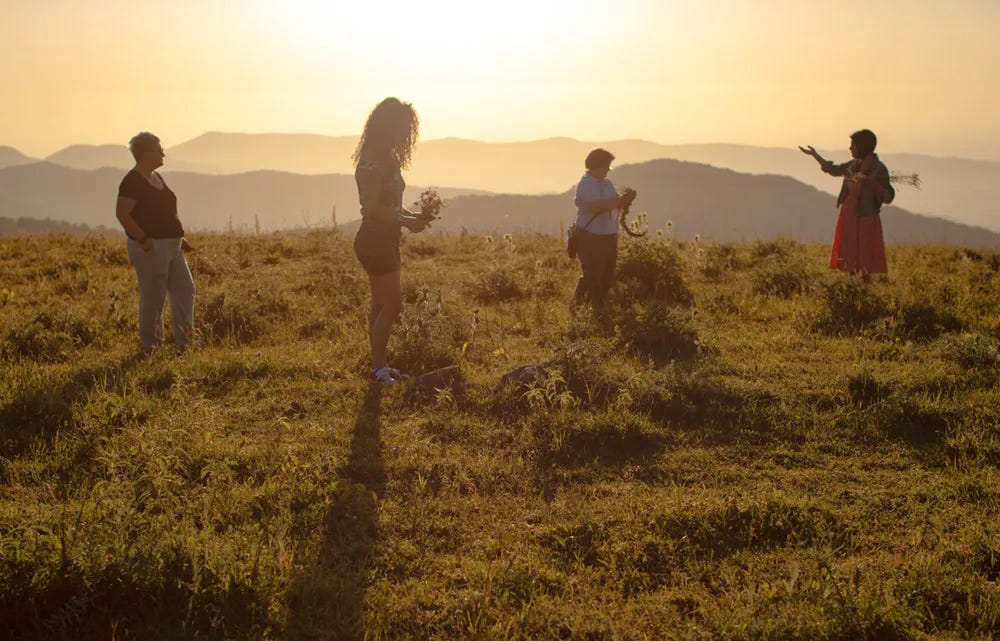
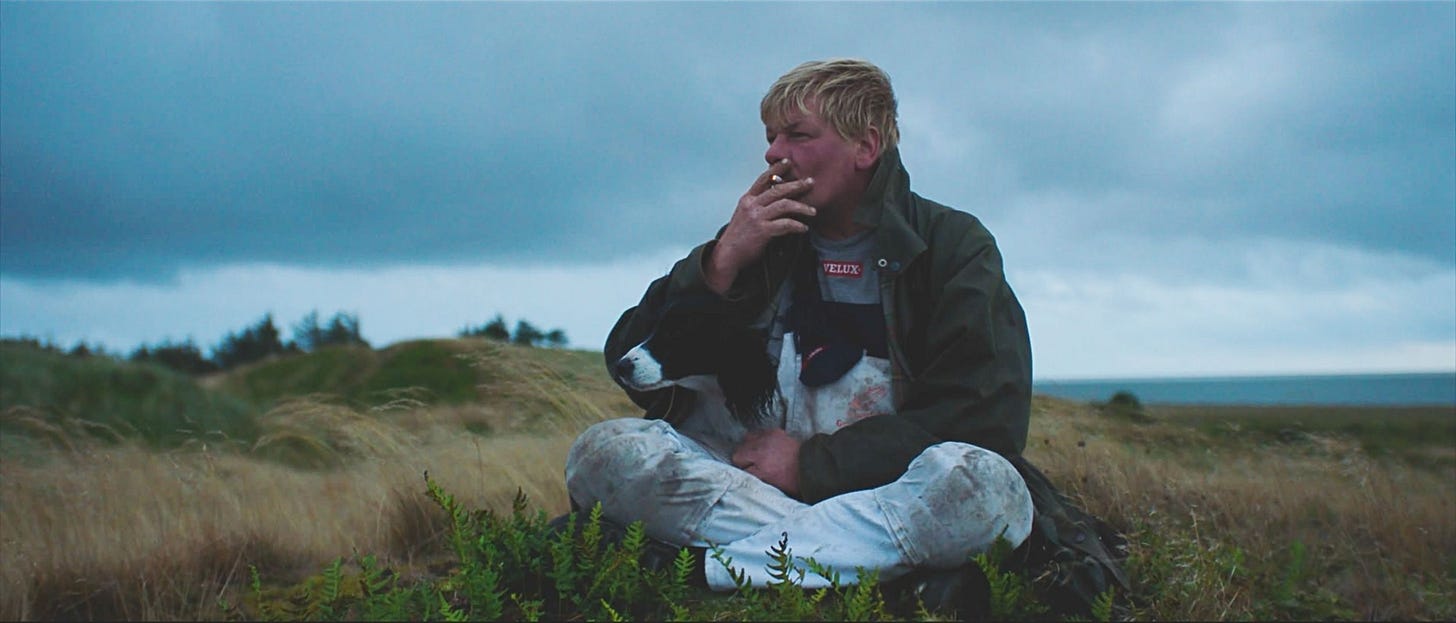
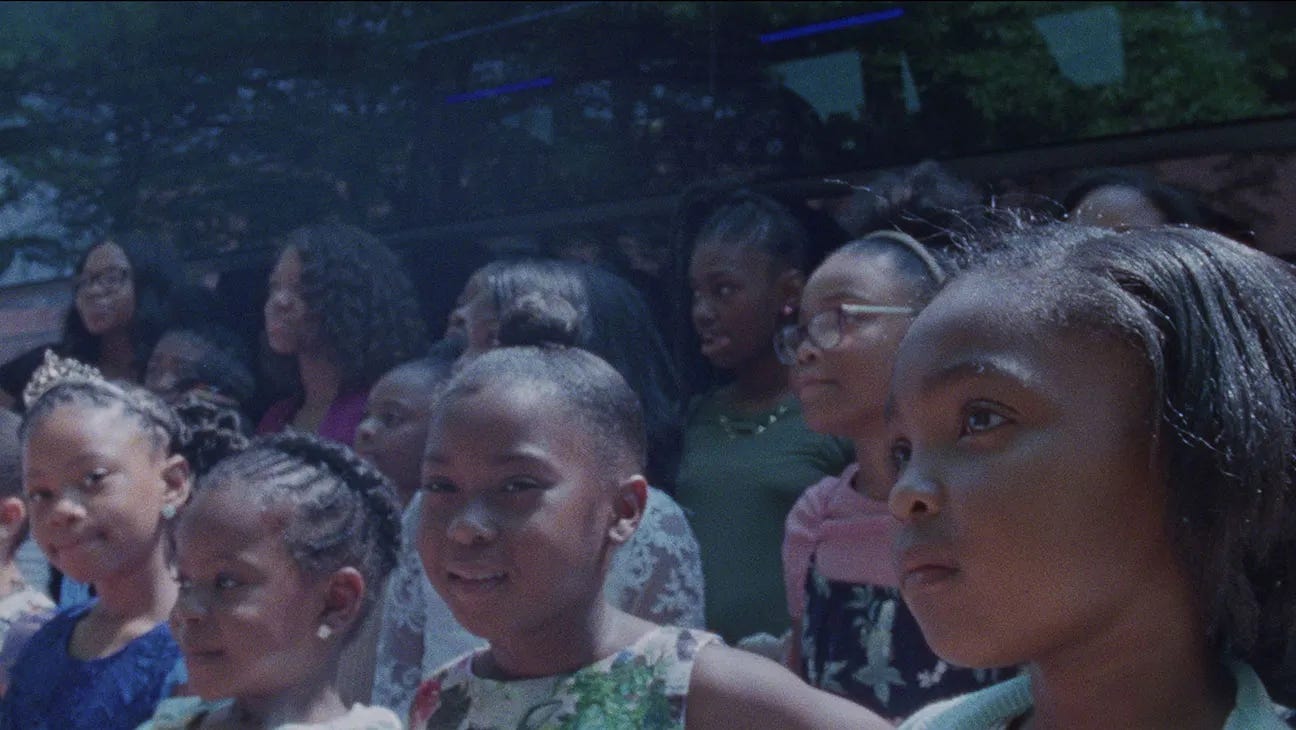
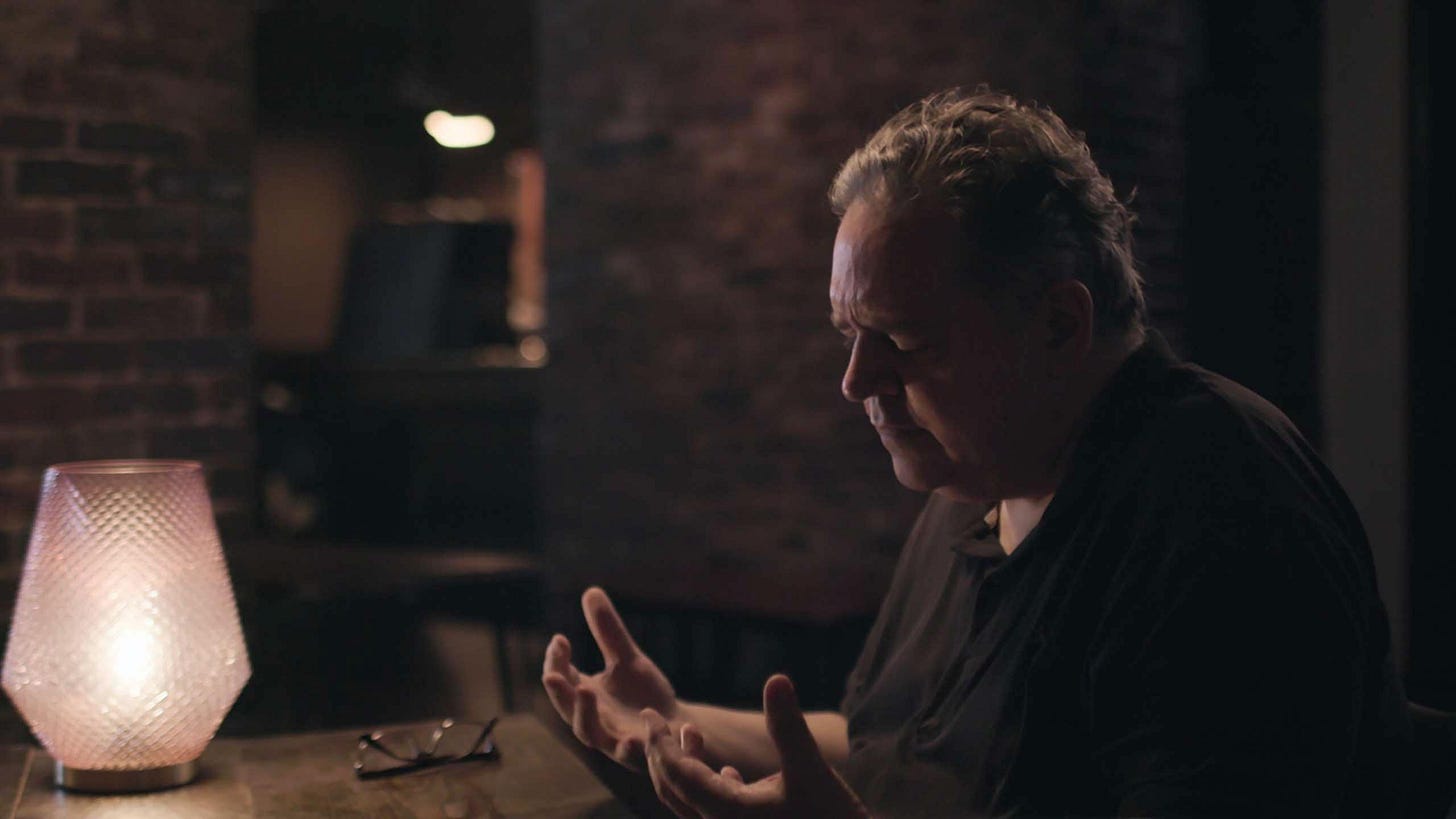
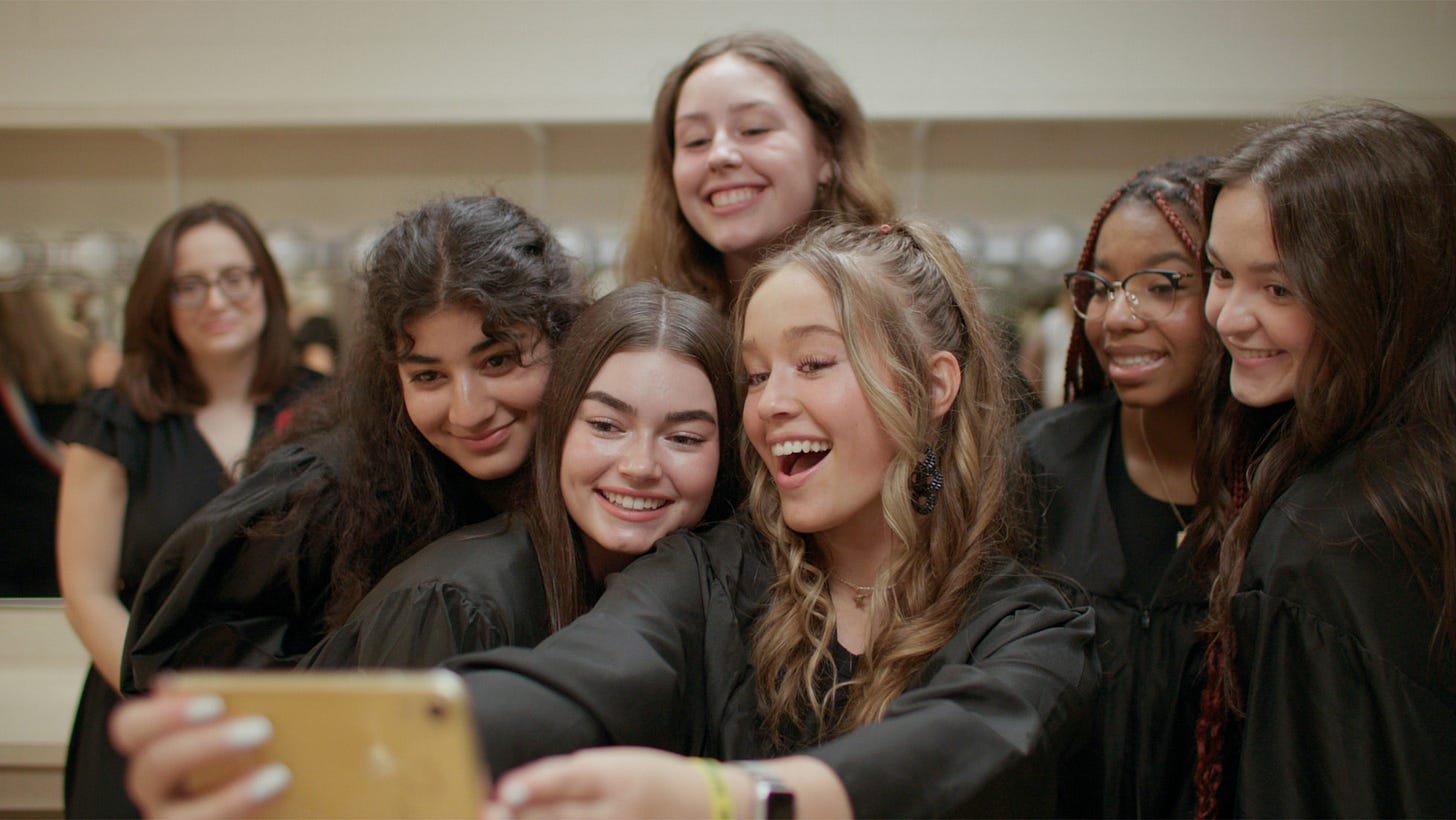
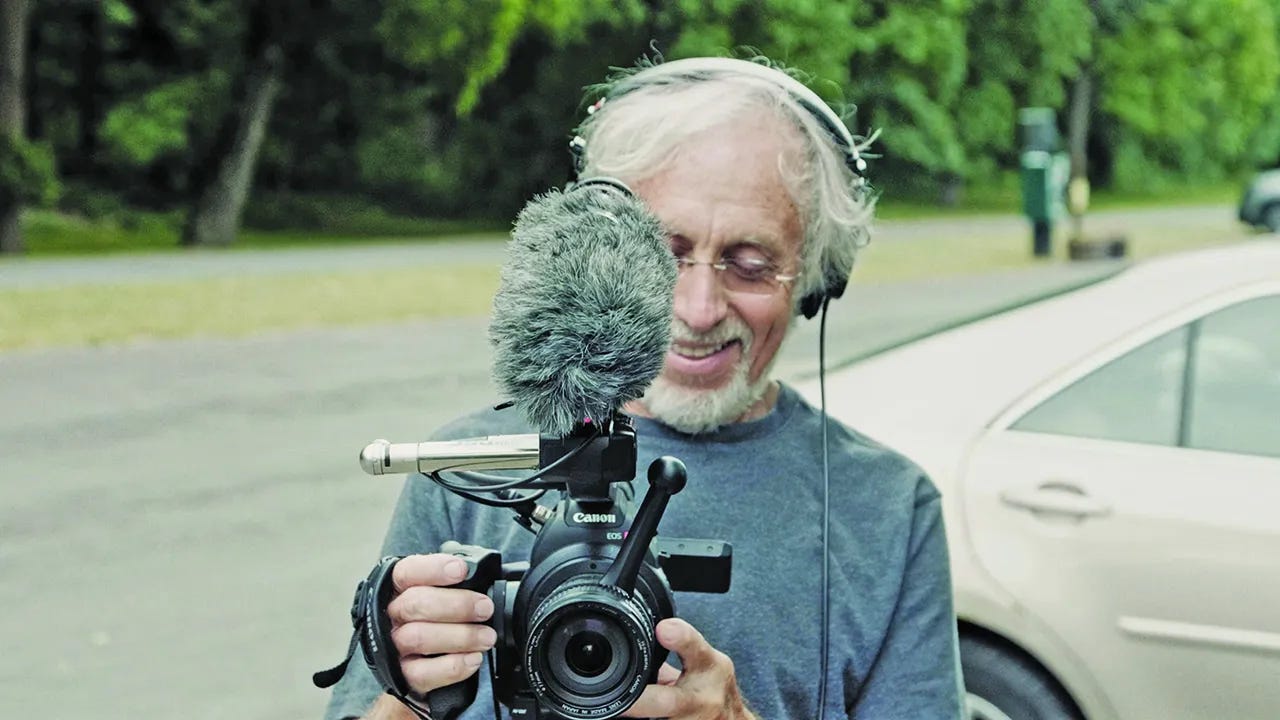
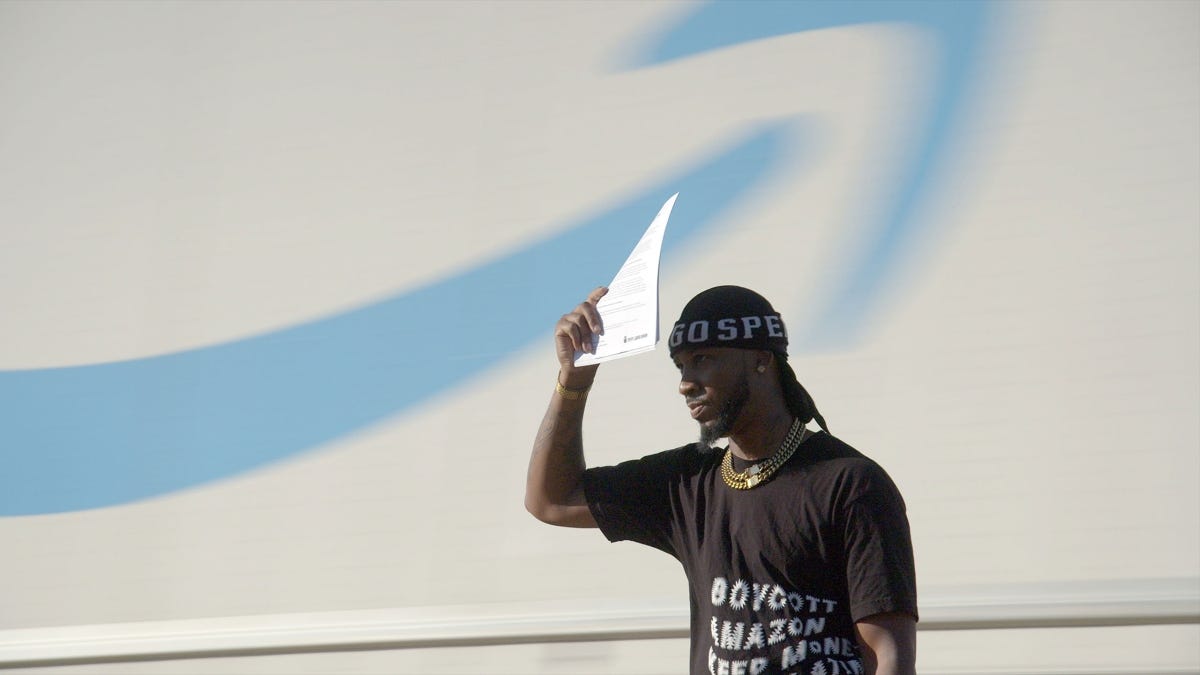
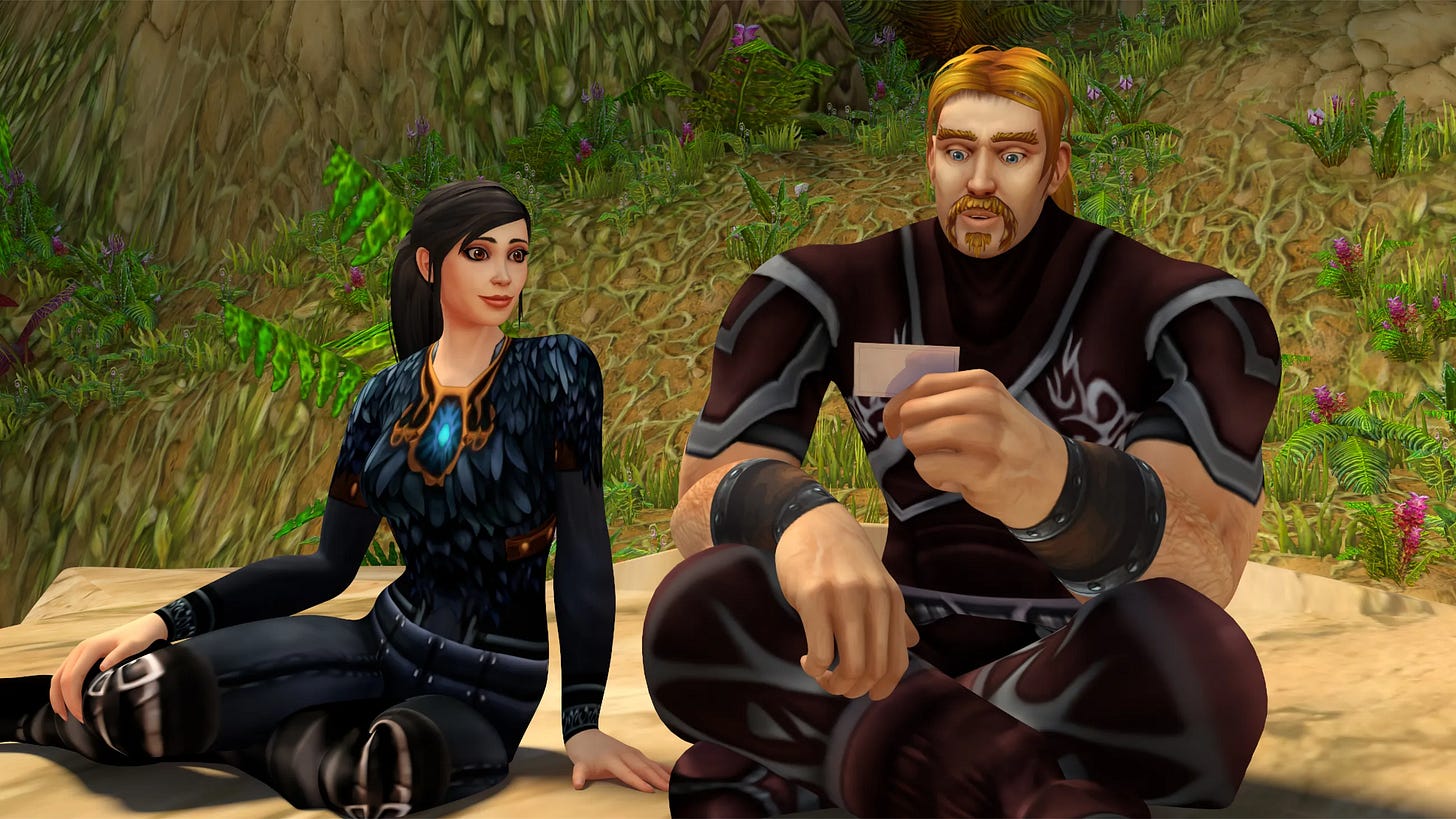
Oh wow, Look Into My Eyes sounds fascinating…
While these all sound like films I'd like to see, I'm already feeling anxious enough about the state of the world that I LIKE IT HERE sounds like the only one I want to see right this second.